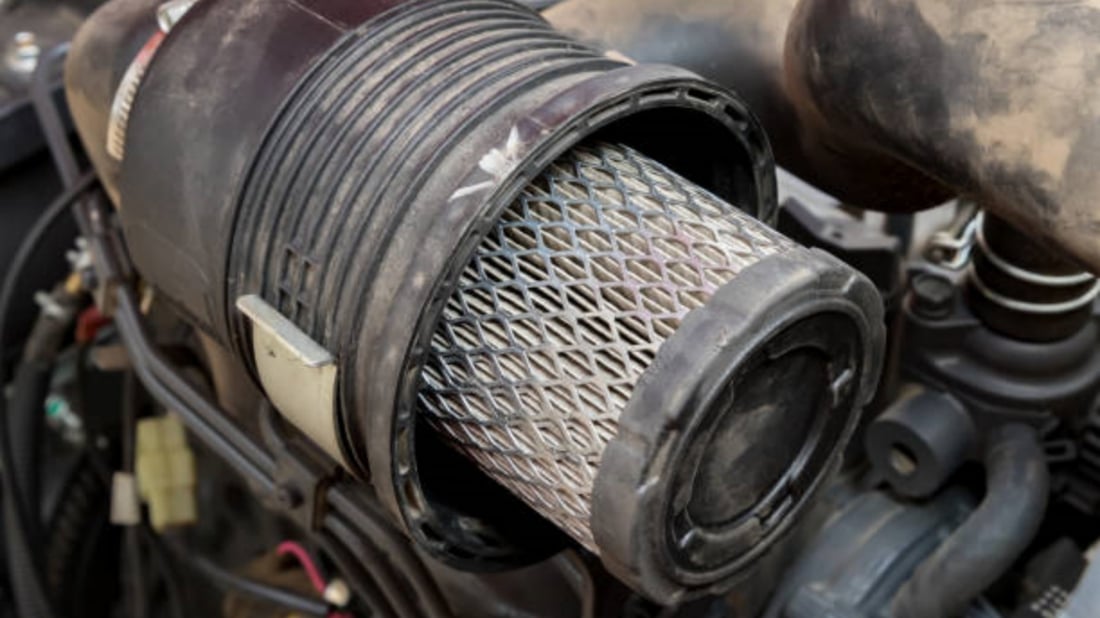1. What Are Air Purifier Filters?
Air purifier filters are a crucial component of air purifiers. They trap airborne pollutants such as dust, pet dander, pollen, and bacteria, thereby purifying the air in the room. The filters come in different types, sizes, and specifications, each designed for different air purification needs.
2. How Do Air Purifier Filters Work?
Most air purifiers have a fan that draws air through the filters. As the air passes through the filters, pollutants get trapped in them, leaving the air clean and fresh. The more efficient the filter, the more contaminants it captures.
3. Types of Air Purifier Filters
The most common types of air purifier filters include HEPA filters, activated carbon filters, UV-C light filters, and ionizers. HEPA filters are the most effective in capturing small particles like pollutants, pollen, and dust. Activated carbon filters are good for absorbing odors and gases. UV-C light filters kill bacteria, while ionizers use negatively charged ions to bind with airborne pollutants.
4. How Often Should You Replace Air Purifier Filters?
The frequency of filter replacement depends on the type of filter, the extent of usage, and the level of pollutants in the environment. HEPA filters should be replaced every 6 to 12 months, while carbon filters typically last 3 to 6 months. UV-C light filters and ionizers do not require replacement.
5. What Happens When You Don’t Replace Your Air Purifier Filters?
When air purifier filters are not replaced, they accumulate contaminants over time, reducing their efficiency and increasing the risk of health hazards. Polluted filters can release trapped particles into the air. This is particularly risky for asthmatic or allergy-prone individuals.
6. Can Air Purifier Filters Remove Viruses?
HEPA filters can capture some viruses, but not all. Most viruses are too small to be trapped by HEPA filters. For viruses, it’s best to use a combination of air filters with a UV-C light or an ionizer.
7. Can Air Purifier Filters Remove Smoke?
Activated carbon filters are effective in removing smoke and odors. However, they have a limited lifespan and require frequent replacement. If you are looking to remove smoke, it's best to use air purifiers with HEPA and activated carbon filters.
8. How Much Do Air Purifier Filters Cost?
The cost of air purifier filters varies depending on the size of the filter and the filtration needs. HEPA filters are generally more expensive than carbon filters. On average, you can expect to spend between $20 and $100 on replacement filters.
9. Additional Tips for Air Purifier Filters
It’s essential to choose the right air purifier filter for your home's needs. Ensure that you follow your manufacturer's instructions for filter replacement. It's also essential to clean or vacuum your air purifier regularly to maintain its efficiency.
10. Conclusion
Air purifier filters play a crucial role in purifying the air in your home. Understanding the different types of filters, their efficiency, and replacement requirements is essential in maintaining a healthy living environment.
Quote Inquiry
Contact us!

